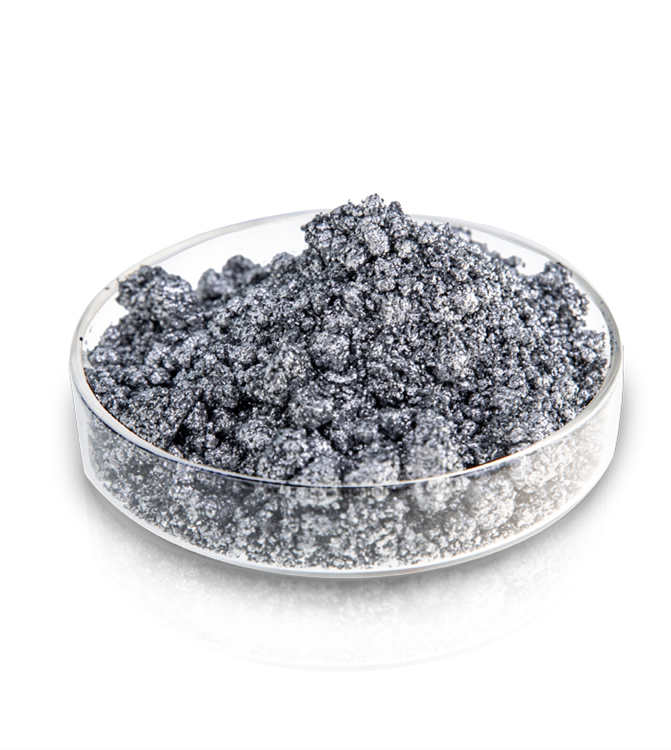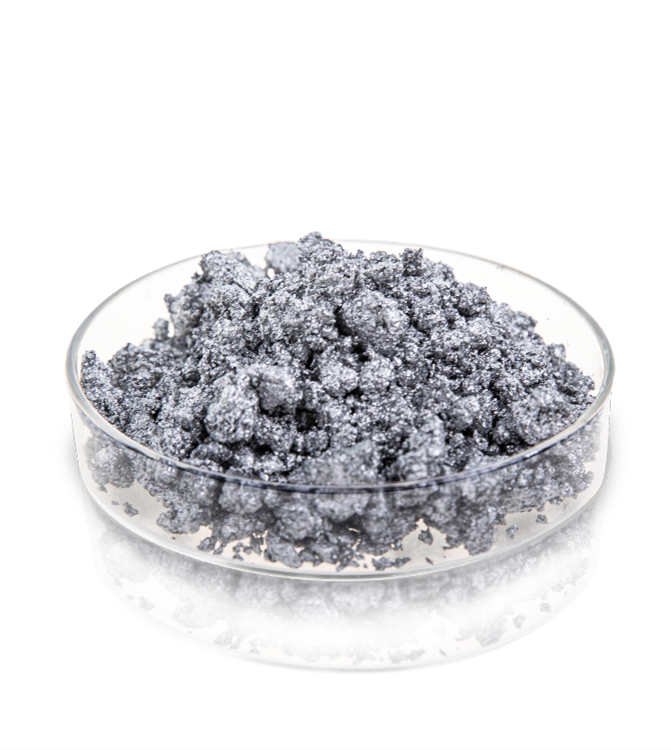Why Top-Tier Waterborne Coatings Choose Encapsulated Aluminum Paste?
2025 / 09 / 20In the evolving landscape of industrial coatings, a significant shift toward waterborne systems is underway. Leading manufacturers are increasingly opting for encapsulated aluminum paste—but what drives this preference? Shandong Yinjian Aluminum Pigment Co., Ltd., with 38 years of expertise, decodes the technical rationale behind this industry trend.
The Core Challenge: Aluminum’s Reactivity in Water-Based Systems
Traditional aluminum pigments face a critical issue in waterborne coatings:
Corrosion and hydrogen gas generation.
Upon contact with water, raw aluminum reacts, leading to:
-
Loss of metallic brilliance
-
Safety risks from pressure build-up in containers
-
Reduced shelf life and performance consistency
Encapsulation Technology: The Game-Changing Solution
How It Works
Encapsulation involves coating each aluminum flake with a nano-scale, inert layer (typically silica or polymers). This barrier:
-
Isolates aluminum from water and alkaline components
-
Prevents chemical reactions and gas formation
-
Preserves optical properties and metallic effect
Performance Advantages
-
Superior Stability: No gassing, ensuring safe storage and handling
-
Enhanced Durability: Resists pH variations (8–12) and electrolytic corrosion
-
Optical Excellence: Maintains reflectivity and brilliance over time
-
Eco-Compliance: Enables low-VOC formulations meeting global standards
Data-Driven Insights: Why Top Brands Choose Encapsulated Pastes
-
95% of premium waterborne coatings use encapsulated aluminum pastes
-
60% longer shelf life compared to non-encapsulated alternatives
-
50% reduction in coating defects (e.g., pitting, fading)
-
2000+ hours of salt spray resistance (ASTM B117)
Yinjian’s Innovation: Leading the Encapsulation Revolution


As a pioneer in metal pigments, Shandong Yinjian has advanced encapsulated paste technology through:
1. SiO₂ Encapsulation Series
-
Ultra-thin silica layer ensures minimal impact on optical performance
-
Wide resin compatibility (acrylics, PU, epoxy)
-
Ideal for: Automotive, architectural, and industrial coatings
2. Hybrid Polymer-Encapsulated Pastes
-
Flexible coating adapts to mechanical stress
-
Excellent adhesion to diverse substrates
-
Preferred for: Plastic coatings and flexible packaging
Application Case: Elevating Waterborne Automotive Coatings
Challenge: A European automaker sought a sustainable coating without compromising on metallic impact.
Solution: Yinjian’s encapsulated aluminum paste (WSA-300 series).
Result:
-
Achieved mirror-like brilliance in waterborne basecoats
-
Met VOC compliance (≤ 50 g/L)
-
Reduced rework rate by 30% due to improved application consistency
Expert Tips for Selecting Encapsulated Aluminum Paste
-
Check Encapsulation Quality: Verify resistance to pH 10–12 environments
-
Evaluate Particle Size Distribution: Opt for narrow ranges (e.g., D50 12–18 µm) for uniform effects
-
Test Real-World Compatibility: Assess performance in your specific resin system
-
Prioritize Supplier Expertise: Choose partners with proven R&D capabilities and technical support
The Future: Smart and Sustainable Solutions
Encapsulation technology continues to evolve. Yinjian’s R&D focuses on:
-
Bio-based encapsulation materials for enhanced sustainability
-
Functionalized surfaces enabling anti-bacterial or self-healing coatings
-
Tailored solutions for emerging applications (e.g., EV batteries, aerospace)
Conclusion: Make the Informed Choice
Encapsulated aluminum paste is no longer an option but a necessity for high-performance waterborne coatings. It combines aesthetic excellence with chemical stability, enabling manufacturers to meet both aesthetic and regulatory demands.
Shandong Yinjian invites you to experience the difference:
-
Free technical consultations and sample testing
-
Customized solutions for your specific needs
-
Global logistics ensuring timely delivery
Explore how our encapsulated aluminum pastes can transform your coatings. Visit https://zqmetallic.com/ or contact our technical team today.
Shandong Yinjian Aluminum Pigment Co., Ltd. – Innovating Metallic Effects Since 1987.

